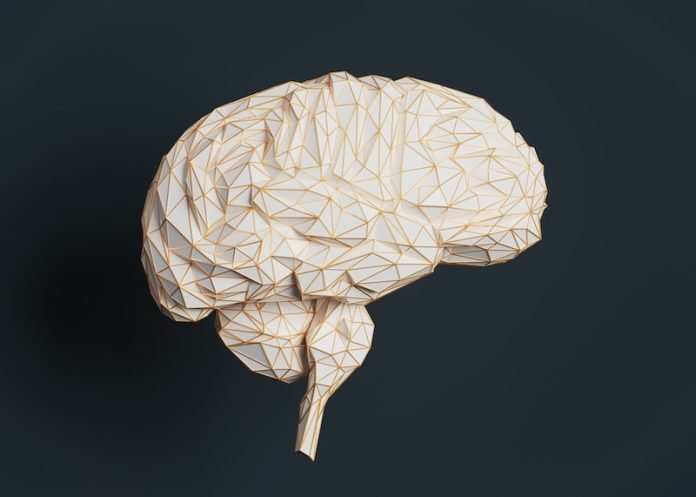
In a ground-breaking new study, scientists have confirmed that the human brain is inherently wired to perform advanced calculations, similar to a high-powered computer.
The research, which comes from a collaboration between the University of Sydney, University of Queensland, and University of Cambridge, was published in Nature Communications.
The Science of Bayesian Inference
Bayesian inference is a statistical approach that blends existing knowledge with fresh data to make intelligent conclusions.
For instance, if you already know what a dog looks like and you encounter a four-legged, furry animal, you’re likely to deduce that it’s a dog.
This inborn capability allows humans to understand and interact with their environment at incredible speeds, showing a level of interpretive power that often exceeds machine capabilities, such as identifying objects in CAPTCHA images.
The study, led by senior investigator Dr. Reuben Rideaux from the University of Sydney’s School of Psychology, involved recording brain activity from volunteers as they viewed visual displays designed to trigger specific neural signals.
The team then compared these recordings to mathematical models they developed, ultimately finding a model that closely matches how the human brain processes visual information.
“We discovered that the basic structure and connections within our brain’s visual system are set up in a way that allows it to perform Bayesian inference on the sensory data it receives,” said Dr. Rideaux.
“What makes this finding significant is the confirmation that our brains have an inherent design that allows this advanced form of processing, enabling us to interpret our surroundings more effectively.”
Implications and Future Research
The study’s results offer more than just a confirmation of existing theories about the brain’s computational abilities; they open the door to a range of future research and innovations.
According to Dr. Rideaux, the study has far-reaching implications across various scientific disciplines, from AI and machine learning to clinical neurology.
“By understanding the fundamental mechanisms that the brain uses to process and interpret sensory data, we can pave the way for advancements in fields ranging from artificial intelligence, where mimicking such brain functions can revolutionize machine learning, to clinical neurology, potentially offering new strategies for therapeutic interventions in the future,” Dr. Rideaux added.
Conclusion
The study offers compelling evidence that the human brain is naturally wired to perform sophisticated calculations through Bayesian inference, giving humans a unique ability to rapidly and accurately interpret the world around them.
The discovery holds promise for future research and applications, ranging from advancements in AI to potential therapies for neurological conditions.
If you care about brain health, please read studies about low choline intake linked to higher dementia risk, and how eating nuts can affect your cognitive ability.
For more information about brain health, please see recent studies that blueberry supplements may prevent cognitive decline, and results showing higher magnesium intake could help benefit brain health.
The research findings can be found in Nature Communications.
Follow us on Twitter for more articles about this topic.
Copyright © 2023 Knowridge Science Report. All rights reserved.



